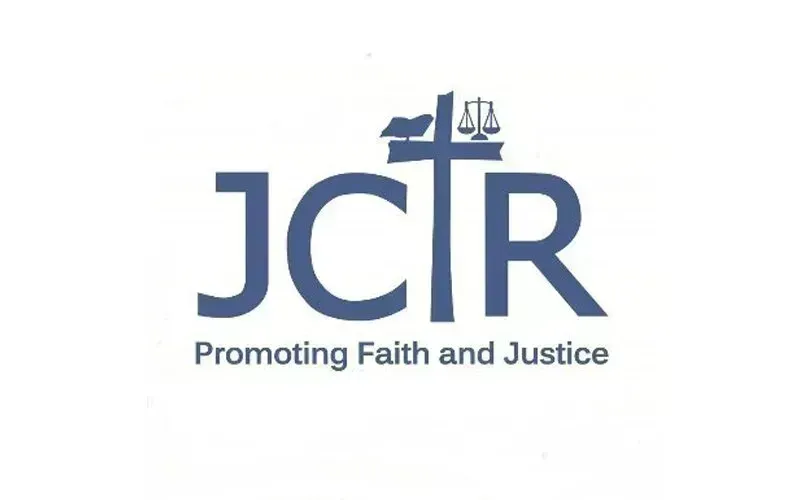Lusaka, 27 February, 2022 / 5:30 am (ACI Africa).
Officials of the Civil Society Organization (CSO), Access to Information (ATI) Coalition on Zambia, are calling on the country’s leadership to make every effort to ensure the ATI Bill is enacted into law as soon as possible.
In a Wednesday, February 23 statement, CSO ATI officials who include representatives of the Jesuit Centre for Theological Reflection (JCTR) say contrary to the belief that the ATI Bill is only important to the media, it is of significance to all Zambians.
“The Government should do everything possible not to divert from its pledge of enacting the Access to Information law especially that it’s among the reasons that Zambians entrusted them with power,” they say in the statement signed by CSO ATI chairperson, Fr. Alex Muyebe.
CSO ATI officials say the ATI Bill “can and should be enacted before June 2022.”
ATI Bill has been pending since 2002 when it was withdrawn from Parliament.








